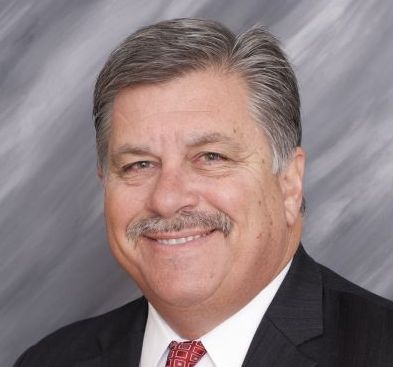Getting the Team to Pull for You!

So, an old story goes like this: One day, a man got his car stuck in the mud and a nearby farmer offered to help get it out. Soon, the farmer had hitched his horse to the car, and then yelled, “Pull, Sally, Pull!” but the horse didn’t budge. “Pull, Buster, Pull!” He yelled next, but the horse remained still. “Pull, Nellie, Pull!” still nothing. Finally, the farmer loudly shouted, “Pull, Buddy, Pull!” and the horse jumped into action and pulled the car-free from mud instantly.
“Thanks very much!” said the motorist, “But if you don’t mind my asking, why’d you call your horse by the wrong name so many times?”
“Well, you, see, Buddy here is blind–,” said the farmer, “if he thought he was the only one pulling, he wouldn’t even try.”
While very funny to my 11-year old daughter, Samantha, I’ve considered what a profound perspective the farmer’s thinking may include.
The farmer likely saw an opportunity to help and needed his horse to help him accomplish the offer of assistance to the motorist, but the horse seemingly had a history of not wanting to do the ‘heavylifting’ by himself, so the farmer learned to create a way to get the horse to get work to help accomplish a task he may not have desired.
Considering that circumstance, I also saw the possibility of great risk that can come with deceiving one or more members of an organization as a means to motivate them, however temporarily that may be. The farmer’s handling of the horse –curious when we remember that the horse is blind—might very well exploit ‘Buddy’ to get him to perform.
And that, too, would be a valid view.
Yet we should also consider the possibility that our farmer had discovered a way to keep Buddy productive.
Indeed, Buddy could no longer see, but the farmer continued to find opportunities for Buddy to contribute. Though the other members of the ‘team’—Sally, Buster and Nellie—didn’t actually exist, there was still an organization that included Buddy and the farmer, who shared a purpose that included serving others.

There is immeasurable value in the knowledge and experience that allows us to be adaptable, versatile, and capable of continuing to serve.
The story of Buddy and the farmer don’t offer us the background to understand how long ago Buddy lost the use of his eyes or how, or what his work on the farm typically included prior to incurring his disability. But it is worth considering that the farmer may have actually demonstrated a higher value and commitment to Buddy, even if while using some coercion, by bringing Buddy to opportunities to be productive. Did Buddy believe he was part of a team? Indeed, he must have. Did Buddy want to contribute to the work of ‘a’ team? Again, he obviously did. Finally, was the work and effort Buddycontributed less valuable, or his purpose any less important, solely because there were fewer co-workers than what he believed there were?
The answer could very well be no. As we know, there are a great many organizations around the world. They come in a variety of sizes, forms, levels of sophistication and volumes. Some corporations employ off-site staff, who contribute daily but never actually meet or know ‘colleagues’ who might perform other work on
We also know well that each of these companies are quite often just as effective and efficient in their work, as their staffs successfully communicate, interact and interface directly, technologically, or remotely with clarity, consistency and a sustained, shared understanding of their purpose and assignment and suffer little from the effects of distance, compartmentalization, function control or limits of communication. And we know these various ‘virtual environments’ are actually essential to the mission, effort, and success of the companies they are a part of.
There is immeasurable value in the knowledge and experience that allows us to be adaptable, versatile, and capable of continuing to serve. But a greater value may be found in helping those among us find new strategies and opportunities to succeed. Like the storied farmer who preserved Buddy’s ability to work with a team and be successful, we too as leaders owe those we serve and support the opportunity to succeed through their talents–whatever they may be.

CAREER ADVICE

GOV TALK




